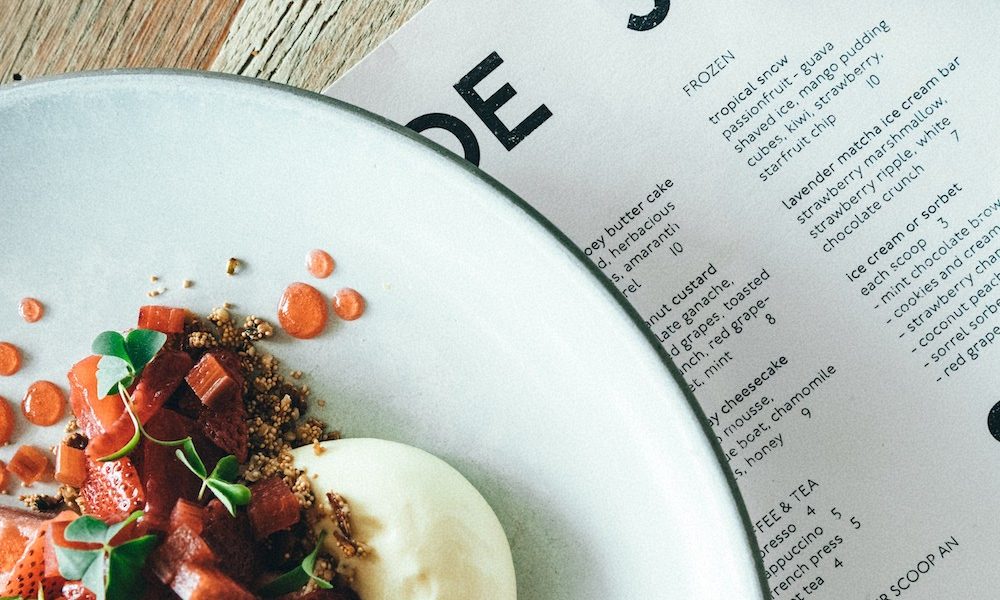It might sound simple enough, but intuitive eating can be challenging when it’s a radical shift away from the food rules you’re accustomed to. Here’s what to expect.
BY: JAMIE MAGDIC, RDN
Intuitive eating is everywhere, yet the idea of practicing it sounds nebulous. It may appear as if you must learn to eat from a mystical source within you.
Along with the mindset shift away from one that’s engrained to follow diet rules, the whole process can feel very foreign to you. All this confusion leads to myths and misconceptions about what it actually means to eat intuitively.
No, intuitive eating is not easy. The concept is simple, but simple does not always mean easy. When we think about what intuitive eating actually entails, it is a much more complicated matter. Here’s what you need to know.
1. Intuitive eating requires you to take a hard look at yourself.
Intuitive eating requires you to dig deep in order to really understand your relationship with food. Most of the time, as you begin to explore your relationship with food, you begin to see that there are many feelings, emotions, and beliefs that require contemplation.
Intuitive eating requires you to explore and address other important relationships you tend to ignore, such as those with your body, exercise, and yourself. When you diet, these relationships may have been ignored and disregarded as you distracted yourself with dieting. After years of neglecting these relationships, you are entering a whole new ball game.
2. Intuitive eating forces you to ask yourself necessary and important questions.
You will start to inquire deeply about what it is you value in life. You will ask questions such as:
What does my current relationship with food bring to my life?
What is it taking away from my life?
Why am I eating this way, and why do I have these eating behaviors?
Is this food provoking joy, anxiety, or fear?
What kind of relationship do I want to have with food?
What do I fear about giving up dieting?
3. Intuitive eating requires you to be mindful.
Mindfulness is no easy task, especially when compared to following mindless meal plans and food rules. It will require you to learn to pay closer attention and stay attuned to your body. You will learn to notice your hunger and fullness cues, your feelings around different foods and situations, the type of hunger you are feeling, and the reason behind the choices you are making.
4. Intuitive eating requires the hard work of undoing the diet mentality.
Decades of rules and diet messages have been reinforced and wired into your brain, and intuitive eating requires you to challenge beliefs that may run deep. It will challenge you to throw away the list of good and bad foods you’ve created, and undo the way you think about and approach food.
5. Intuitive eating requires you to go against the norm.
When you leave the world of dieting, you need to learn how to adapt to the rest of the world where you’ll still be bombarded with dieting messages and the glorification of weight loss. Intuitive eating means changing the way you take in these messages and what you surround yourself with. This may mean unfollowing negative influences, walking away from diet talk conversations, and advocating for what you believe in.
6. Intuitive eating is entirely on you.
Remember, you are now in the driver’s seat and must learn how to listen to your body. You can no longer hide behind a set of rules or a plan that was designed by someone else. And you can no longer neglect the inner relationship you have with food and your body. It is hard work, and it is up to you to make the decisions.
Remember, intuitive eating is not easy and will require more time, effort, and introspection than any diet out there. But what you have to gain in the process is a future where you’ll no longer have to miss out on wonderful meals and foods you can enjoy, or miss out on experiences because of your fears around food.
Because life is wonderful when you free it up for far better things.
Adapted from the original post.
HEADER IMAGE: SPENCER DAVIS
Jamie Magdic, RDN is a Registered Dietitian who works both locally in Colorado and virtually all over the US, specializing in eating disorders, disordered eating, body image healing, and exercise addiction. Jamie has a passion to help everyone find full recovery. and is working with others on a very exciting project for those who are on the path to recovery. To make sure you don’t miss new announcements, make sure to subscribe to Jamie’s page at https://www.yourhappyhealthy.com/subscribe.

